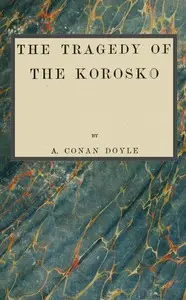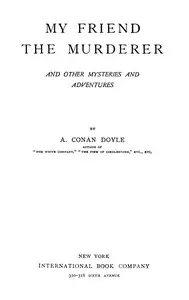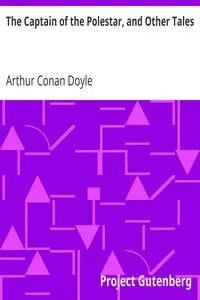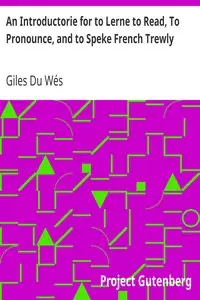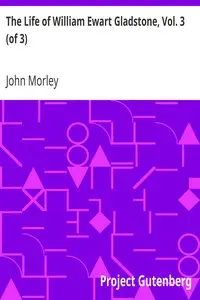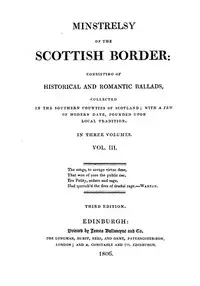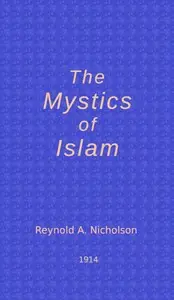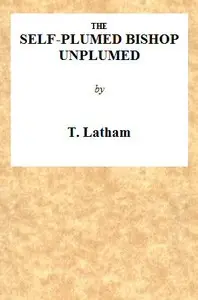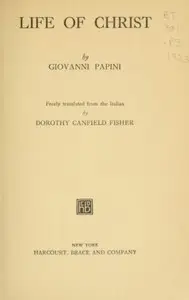"The New Revelation" by Arthur Conan Doyle is a philosophical text written during the early 20th century. The book explores the intersection of science and spirituality, particularly focusing on psychical research and the evidence of life after death. Doyle, known for his creation of Sherlock Holmes, uses his platform to advocate for the serious consideration of spiritualism and the potential of spirit communication. The opening of the work lays the groundwork for Doyle's exploration of spiritual topics and his personal journey transitioning from a skeptic to a believer. He recounts his initial disbelief in spiritualism, shaped by his medical background that led him to view death as the end of individuality. Through various experiences, including encounters with séances and discussions with notable figures who believed in spirit survival, he begins to reassess his views. Notably, he shares the insights he has gained from both personal experiences and the findings of the Psychical Research Society. The text provides a glimpse into Doyle's thorough examination of spiritual phenomena, characterized by a desire to understand and validate the claims of spiritual communication, while also addressing the skepticism surrounding the subject. (This is an automatically generated summary.)
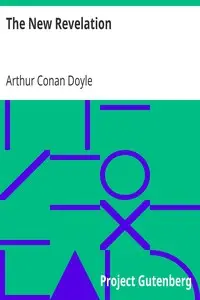
The New Revelation
By Arthur Conan Doyle
"The New Revelation" by Arthur Conan Doyle is a philosophical text written during the early 20th century. The book explores the intersection of scienc...
Genres
Released
1999-02-01
Formats
epub (images)
mobi (images)
epub
mobi
epub3 (images)
Free Download
Overview
About the Author
Sir Arthur Ignatius Conan Doyle was a British writer and physician. He created the character Sherlock Holmes in 1887 for A Study in Scarlet, the first of four novels and fifty-six short stories about Holmes and Dr. Watson. The Sherlock Holmes stories are milestones in the field of crime fiction.
Total Reviews
10.0k
Total reviews from Goodreads may change

